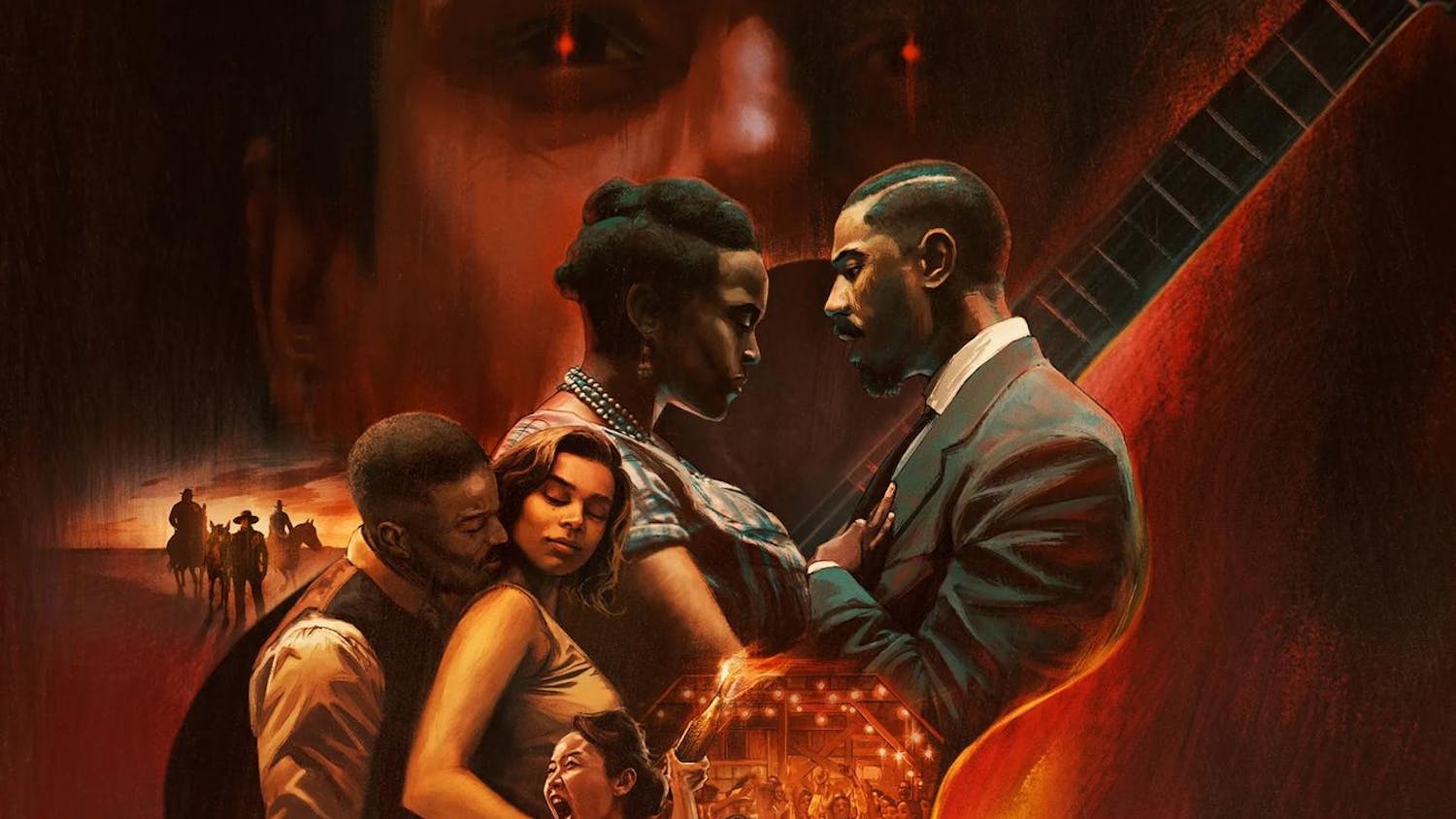The plot of "Ordet," Production Workshop's newest show, revolves around a modest family in rural Denmark whose ordinary life becomes completely unordinary when one of the family members believes Jesus Christ possesses him. This production of the play, which was written in the 1920s by Danish playwright Kaj Munk, is only the third recorded performance outside of Denmark.
Director David Lee Dallas '13 first stumbled upon this surreal story in high school when he saw the movie version of the play. Since then, he has not forgotten the unique storyline, which featured religious tensions that resonated with him.
"I instantly couldn't stop thinking about it," Dallas said. "I don't know if I even liked it the first time I saw it. I was just so baffled by it." He said he hopes the story will similarly catch the attention of the play's audience.
Dallas proposed the play - which he prefers to the movie version due to its grounded and more complete characters - to PW last spring and included his inspiration from both realist painter Andrew Wyeth and holy minimalist music. This is Dallas' first time directing a play in college, though you wouldn't know that from the play's cohesion, apparent in its stark set and well-integrated music.
A large component of Dallas' vision for this production draws upon commonalities between theater and church.
"There are a lot of parallels between going to the theater and going to church - or any site of religious worship - and I sort of molded the whole show experience based on that, on the notion in terms of set design and audience and spatial relationships," Dallas said, citing the use of aisles and the stage to resemble an altar at church.
"What you are seeing as an audience member, you understand is not necessarily real but you still, nonetheless, are actively involved in it and you listen to it and you feel a connection ," Dallas said, likening this experience to one people have in church.
"Something really important from the start was the division between the holy area and the earth," said Rosa Congdon '15, the set designer. To formalize this divide, she designed a balcony - the site of the holy and heavenly scenes - with an arch in the shape of a church roof. Throughout the show, blindfolded actors move on the balcony with their gestures ranging from violent banging on the floor to praying. These actors add another dimension to the show without distracting from the action below.
The rest of the stage is constructed in a simple, minimalist way, which is meant to "show the struggle of the everyday," Congdon said. This design works well to serve its purpose, as the audience focuses entirely on the actions and words of the actors and does not become caught up in an unnecessary and frivolous set.
Dallas attempts to infuse this stark aesthetic of the show with the violence that he feels is representative of parts of religion. "We aim to create a balance between the real sense of calm and serenity ... and also very brutal, violent, aggressive stakes," he said.
Dallas said he hopes this blending of violence and austerity appeals to the audience and relates to the often-conflicting feelings people have about religion.
He also said he attempted to bring this duality of the comforting and disconcerting elements of religion into the show by using both choral music and passages from the Book of Revelation, which Dallas calls "terrifying."
"The Bible is a horrifying text," he said, "And I think it will jar (the audience) a little bit and make them think further."
Struggling with the complex overarching questions of faith that the work presents - particularly the struggle between dogma and true faith - are characters who are "viably real," Dallas said. They are average people who lead average lives until this moment. The cast of 10 portrays this with skill, oscillating between the simple, quotidian nature of the family's normal life and the chaos and excitement that occurs. The entire cast manages to adeptly convey the passions and emotions that religion inspires, from despair to rage to elation.
Michael Chiboucas '13 (Johannes) acts with incredible skill, especially considering the daunting role. His choppy tone, glazed eyes and twitching movements all work to convince the audience of his alleged possession.
The acting, music and set all serve to accentuate the themes that Dallas wanted to emphasize and the message that he hopes the audience takes away - a willingness to discuss faith and the challenges it evokes.
"I've had a very intense struggle with faith and religion my entire life," Dallas said. "But none of those things are really things that I find myself talking about or sharing with other people at Brown. I think that our generation has a little bit of a fear of sort of going there in an earnest way and approaching these issues not from an ironic standpoint."
"Ordet" is playing Sept. 21, 22 and 24 at 8 p.m. and Sept. 23 at 2 p.m. and 8 p.m. at Production Workshop.
ADVERTISEMENT




